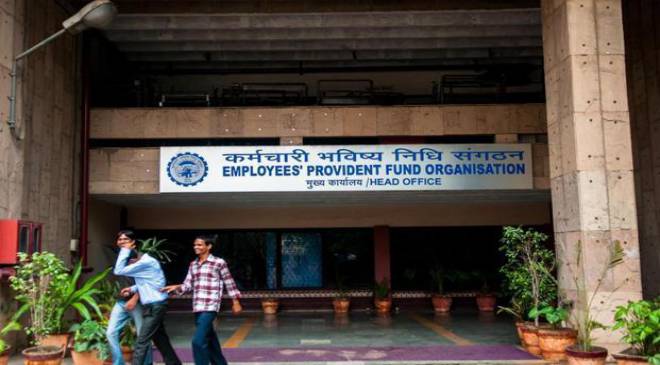Employees Provident Fund (EPF) is a sparing apparatus that we as a whole not only like just in light of the fact that it gives ensured tax-exempt returns because we realize that our employer also adds an equivalent add up to the PF kitty consistently. In any case, imagine a scenario wherein your PF does not mirror your manager’s commitment or the enthusiasm on that bit.
A month ago, through a research, it has been identified that around 300 organizations are running their own PF trusts spurning rules and may not be paying interest to their workers. There are numerous organizations that are not going by the Employees’ Provident Fund Organization (EPFO) and have their own PF trust that is privately operated.
We give you insights about private PF trusts, the privilege of representatives and what a worker ought to do on the off chance that she has a grievance related to her PF account.
Private PF trusts
The administration presented the EPF policy in the year 1952 as an obligatory sparing plan, in which the two representatives which are the employee as well as the employer, need to contribute frequently. Under the plan, the legislature enabled a few organizations to set up their own private PF trusts and oversee them in-house.
Presently, there are in excess of 1,500 organizations that work their own particular PF trusts. A portion of the huge organizations that work their own PF trust incorporates Nestle India Ltd, HDFC Ltd, Glaxo (I) Ltd, Godrej Industries Ltd and Steel Authority of India Ltd (SAIL). “Major corporates keep on having in-house PF trust since they feel that it is more worker cordial and furthermore a matter of glory,” said Sandeep Shah, accomplice, NA Shah Associates LLP, a sanctioned bookkeeping firm.
In-house PF trusts need to make accessible the online office for individuals to see their record on lines like that of EPFO said Mr. Sandeep Shah, accomplice and NA Shah Associates LLP
There are different reasons as well. “Customarily, private trusts used to put resources into government securities and units of shared assets which accommodated better income versus the profit produced through EPFO. This gave use to corporates to give better come back to its workers,” said Saraswathi Kasturirangan, accomplice, Deloitte India.
Further, in-house PF trusts encouraged workers in acquiring advance from the PF account or pulling back it early. “Employees were additional fine with it since they had a transparency concerning the balance in their records,” included Kasturirangan.
Another factor was the cost of managing funds which made the organizations work for their own particular PF trust and not EPFO. “Examination charges of 0.18% is applied for a private trust when contrasted with organizational charges of 0.5% which is the rate at present in the EPFO-regulated model,” said Kasturirangan.
What would it be advisable for you to do?
In spite of the fact that there are reasons why numerous organizations work their own PF trust, there are inquiries regarding legitimate administration of the reserve. Numerous organizations have been blamed for abusing representatives’ PF finance corpus as their own working capital.
Generally, private trusts used to put resources into G-secs and common assets for better profit versus income produced by EPFO said Mr. Saraswathi Kasturirangan, accomplice, Deloitte India
A representative should be attentive while taking a look at their pay slip and should watch out for the PF account articulation also. “The in-house PF trust needs to make accessible the online office for the individuals to see their record on lines like EPFO. Additionally, in-house PF trusts are commanded to flow PF articulations to workers and keep up evidence of having sent the statement,” said Shah.
In the event that a representative finds any disparity in the PF, she should raise the issue with the business. “The representative should keep in touch with the PF trustees rattling off the disparity. Taking into consideration the stringent move made by the PF experts for non-addressing the grievances (through their yearly review) by the in-house PF trust, it is far-fetched the complaint of an employee will go unaddressed. There can be a liability for not addressing these issues and hence the managing director takes these issues seriously and gives them the priority. Likewise, neglecting these cases can let the in-house PF trust being pulled back,” said Shah.











